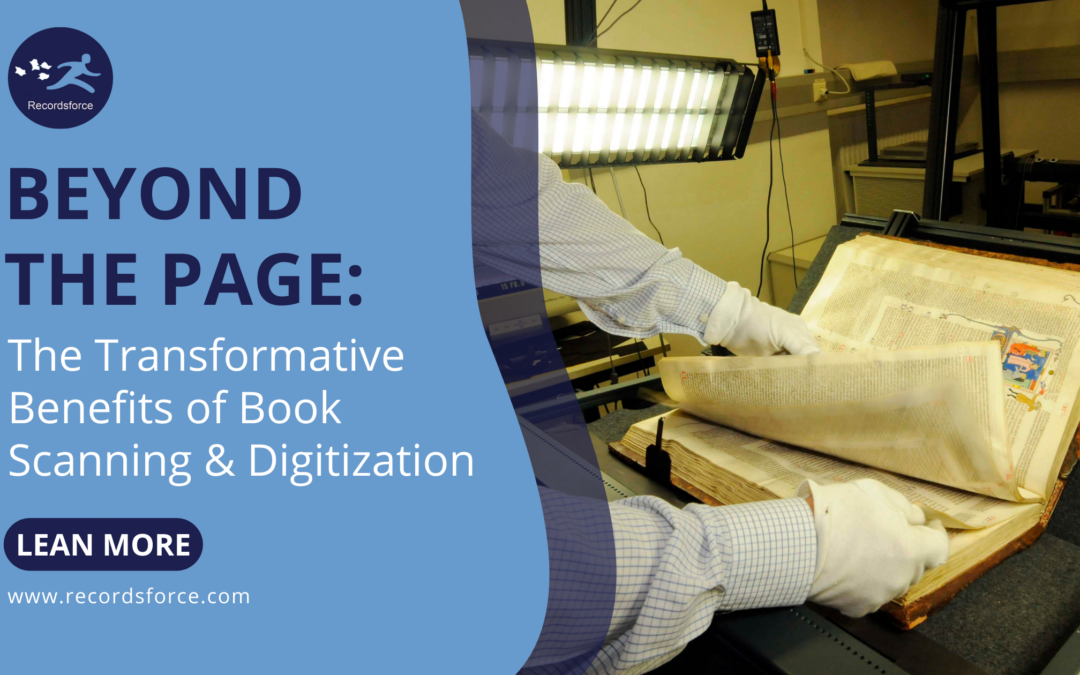In an increasingly digital world, the concept of a traditional library is evolving. Book scanning and digitization have emerged as powerful tools to preserve knowledge, improve access, and transform the way we interact with books. Let’s explore the myriad benefits of book scanning and digitization.
- Preservation of Knowledge: One of the most significant benefits of book scanning is the preservation of knowledge. Many books, especially those that are old or rare, are at risk of deterioration. By digitizing these books, we can ensure that their content is preserved for future generations.
- Accessibility: Digitizing books makes them accessible to a wider audience. People from around the world can access the same book, breaking down geographical barriers. This is especially important for researchers, students, and scholars who may not have access to physical copies of certain books.
- Searchability and Indexing: Digitized books are easily searchable, making it simple to find specific information within a text. This is a significant improvement over traditional books, where finding specific information often requires manually flipping through pages.
- Space Saving: Physical books take up a lot of space. Digitizing books allows libraries and individuals to free up space while still retaining access to the content.
- Cost-Effectiveness: While the initial cost of digitization can be significant, it is often more cost-effective in the long run. Digital books do not require the same level of maintenance and preservation as physical books, saving money over time.
- Environmental Impact: Digitizing books can have a positive environmental impact by reducing the need for paper production and transportation. This can help reduce carbon emissions and overall environmental footprint.
- Enhanced Research Capabilities: Researchers can benefit greatly from digitized books. They can search through vast amounts of text quickly, find relevant information, and easily compare different sources.
- Cultural Preservation: Digitizing books is an essential part of preserving cultural heritage. Many rare and historical books exist in only a few copies. Digitization ensures that these works are preserved and accessible to future generations.
In conclusion, the benefits of book scanning and digitization are vast and impactful. From preserving knowledge to enhancing accessibility and research capabilities, digitization is transforming the way we interact with books and literature, ensuring that the written word remains a vital part of our digital future.

